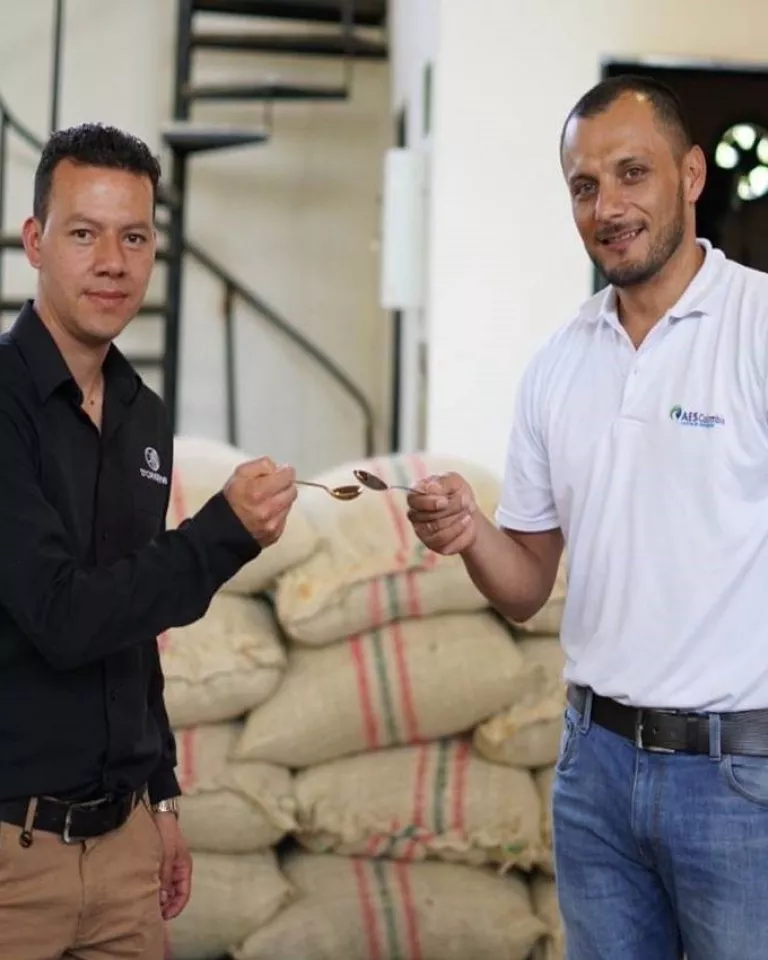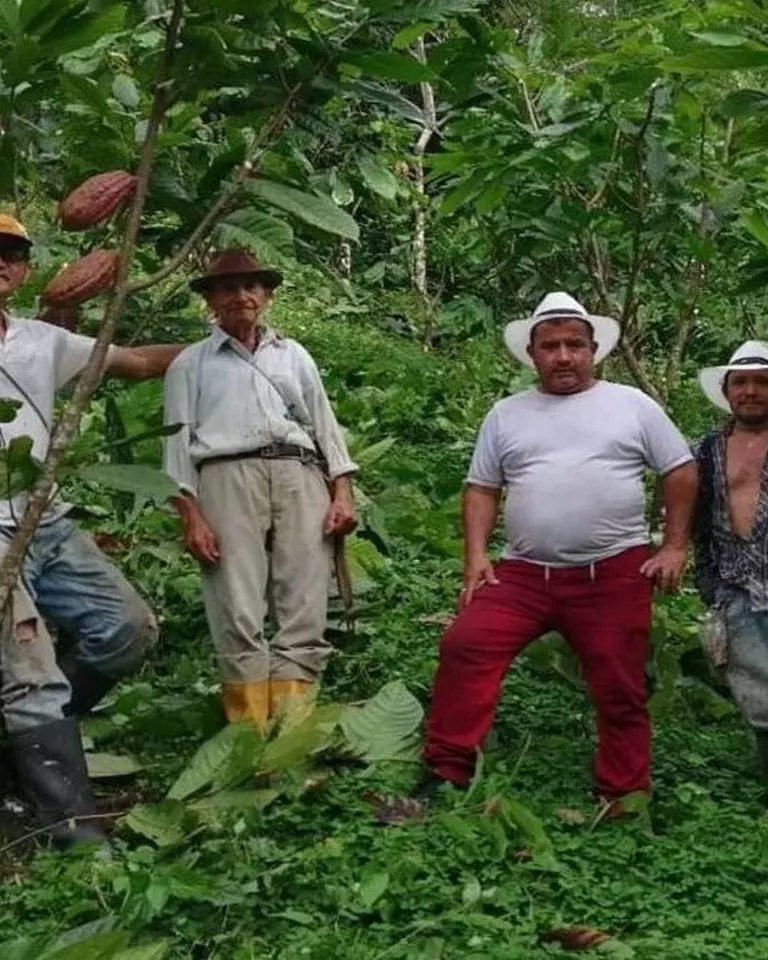Project name:
Sustainable and Specialty Coffee and Cocoa in the Tenza Valley
Project location:
Colombia
Sub-focus area:
Capacity Building
Colombia is the largest producer of mild coffee and one of the few countries that produces fine cocoa worldwide. The Esmeralda Reservoir located in the Tenza Valley is surrounded by optimal areas for coffee and cocoa crops that historically have not been used properly, and whose potential had been unrealized.
The Sustainable and Specialty Coffee and Cocoa programs develops high quality and high value products through sustainable agroforestry systems while simultaneously promoting the conservation of biodiversity, the protection of water resources and the strengthening of social structures to support new generations in the region.
By partnering and sharing knowledge with coffee and cocoa producers, AES Colombia is empowering local producers and improving community knowledge, skills, attitude, and motivation for the management of crops.
Impact:
More than 102 coffee producing families and 43 cocoa producers have benefited
About 10,000 coffee seedlings were planted for renewing the coffee plantations in the municipalities of Garagoa and Sutantenza.
Partners:
AES Colombia formed a strategic alliance with the Colombian NGO SELVA and 9 trade associations in a joint effort with the municipal mayors and government departments of Macanal, Garagoa, Almeida, Somondoco and Guayatá, the environmental corporation – Corpochivor, the national federations of coffee and cocoa growers and the Colombian National Institution for Technical Learning – SENA, Agrosavia and Corpoica among others.
Through the development of centralized processes and the improvement of the quality of the grain, the project aims to develop specialty coffee and cocoa to conquer specialized market niches and increase profitability. With better market prices, producers can afford the costs of managing their crops, receive a wage payment and still obtain profits for other needs. Additionally, a mechanism of adaptation to climate change, was used for both programs to ensure better income in the long-term for the local coffee and cocoa farming families as well as more sustainable productive chains over time.

